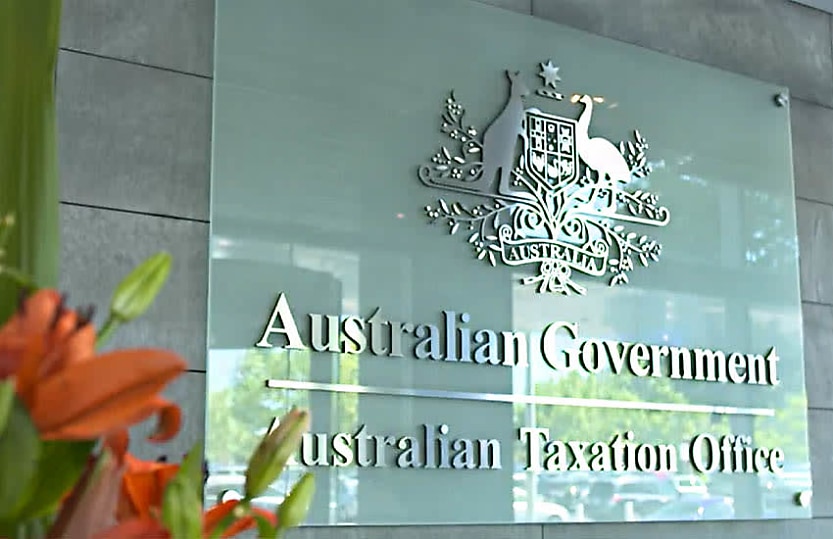ATO flags areas of concern for small business in latest campaign

The Tax Office will further build on its 'ready for business' campaign for small businesses in the coming months by providing guidance, tools and tips to new business owners.
The ATO plans to provide additional guidance and tips for new business owners to help them understand and comply with their tax, super and registry obligations from the start.
In a recent update, the Tax Office said the campaign highlights that opening and running a business is a “serious business”. It noted that approximately 50 per cent of businesses fail in the first three years due to failed tax obligations.
Over the next few months, the ATO said Australian business number (ABN) holders can expect to receive emails including tips on ABN obligations, business structures, registering for GST, and understanding employer responsibilities.
Deputy commissioner Will Day said while most small businesses try to do the right thing and comply with their ATO obligations, there were some making genuine mistakes and others deliberately not complying.
“Our goal is to provide small businesses with guidance, tools and tips so new business owners can focus on growing their business with confidence,” he said.
“Small businesses are vital participants in the tax and super system. As stewards for small businesses, our role in making it easy for small business owners to get their tax and super right is more important than ever.”
The Tax Office highlighted GST to be a specific area of concern as it estimated that the community was missing out on almost $8 billion in GST each year that hadn’t been collected due to non-compliance, which small businesses had significantly contributed to.
It noted that not every business needed to be registered for GST; however, if their GST turnover was $75,000 or more, or they provided taxi, limousine, or ride-sourcing services, they had to register, collect GST and pay this to the ATO.
Day said small businesses who didn’t understand their GST obligations could be caught out when it came time to pay and encouraged small businesses to set aside GST, as well as pay as you go (PAYG) withholding and super if they had employer obligations.
“Don’t be tempted to dip into GST, PAYG withholding or super to manage your cash flow – set up separate bank accounts for these funds so you’re always prepared when it’s time to pay,” he said.
Side hustles were also set to be “in the spotlight” as over 700,000 taxpayers were supplementing their income with them.
If a hobby had turned into a profit-making business, there were certain tax, super and registry obligations that needed to be considered, Day said.
“Generally, a business involves continuous and repeated activities aimed at making a profit … we know that successful small business owners understand their tax, super and registry obligations, and we are committed to helping them do so. We also know that small businesses that engage a registered tax professional are more likely to stay on top of their tax and super obligations.”
“Through transparent communication, including the support we have available for small businesses, small business owners are better equipped to keep up with their obligations and stay on top of their tax payments. After all, small business is serious business.”
About the author

